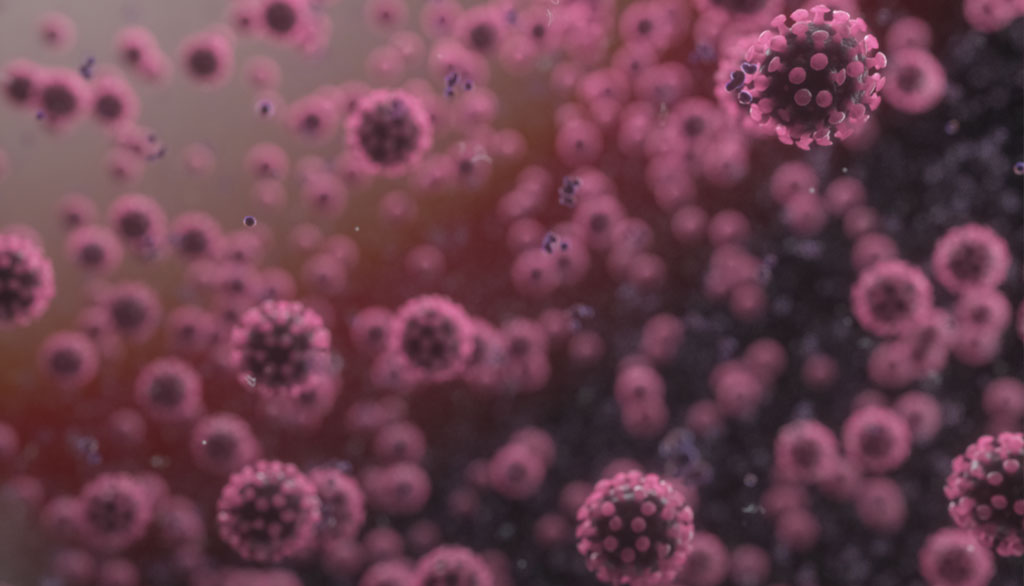Circadian Rhythm, Health & Wellness, Sleep
Sleep is One of the Best Defense Mechanisms for Immunity

Article at a Glance:
- While you sleep, your body produces cytokines, a small protein that has a fundamental role in communicating with the immune system.
- When we don’t get enough sleep, fewer cytokines are produced.
- Sleep loss can weaken your immune system.
- Quality sleep every night will help keep your body healthy.
The relationship between sleep quality and immune health is incredibly intertwined. When we don’t get enough rest, we are more susceptible to illness and disease. Conversely, prioritizing time for sleep and recovery promotes greater vitality and health. Science shows that sleep is undeniably one of your best defense mechanisms for fighting off colds, viruses, and other illnesses.
Understanding the Relationship Between Sleep and Immunity
During sleep, the body produces cytokines – small proteins that have a fundamental role in communicating within the immune system and regulating various biological functions through signaling. Cytokines also target infection and inflammation, effectively creating an immune response to help fight off infections and illness (National Sleep Foundation).
How Sleep (or Lack Thereof) Impacts Your Immunity
When we don’t get enough sleep, the body produces fewer cytokines. Many studies show that insufficient levels of cytokines may significantly contribute to the pathophysiology of autoimmune diseases and infectious diseases (NCBI). Ergo, sleep loss can weaken your immune health and lead to a wide range of potential health concerns.
Consider these data points:
- Adults aged 45 years or older who sleep less than six hours a night are 200% more likely to have a heart attack or stroke in their lifetime compared to those who sleep seven or eight hours a night (The Guardian).
- Cancer cells appear in the body every day, and it’s up to your immune system to kill them off. After just one night of only 4-5 hours of sleep, your natural killer cells decrease by 70% (Business Insider).
- Sleep deprivation has been linked to increased risk of prostate, breast, and colon cancer.
- Shift work is associated with increased risk of cardiovascular disease and cancer. In 2007, the World Health Organization classified [night] shift work as a probable carcinogen due to circadian rhythm disruption (Science Daily).
- People who report not getting enough sleep are roughly twice as likely to be diagnosed with type 2 diabetes (NCBI).
As the data shows, sleep deprivation makes the body less resilient. This, in turn, makes it more difficult for the immune system to fight off colds, viruses, diseases, and infections. (This is especially relevant right now as concerns over the spread of coronavirus continue to grow.)
When it Comes to Immunity, Sleep is Your Superpower
Think of sleep as both a preventative measure and a prescriptive one. Remember that getting adequate sleep promotes the production of cytokines. These proteins help keep your immune system strong so that you’re better prepared to fight off harmful cells. If you do contract a cold, virus, or other illness, take the old saying “Sleep it off,” to heart. Rest will help reduce stress on the body and promote healing.
Tips for Improving Your Sleep and Strengthening Your Immunity to Fight Off Disease
Your first line of defense for naturally keeping your immunity strong is to choose a healthy lifestyle. This includes strategies such as:
- Eating a diet that is high in fruits and vegetables
- Exercising regularly
- Getting adequate sleep every single night
- Maintaining a healthy weight
- Minimizing stress
- Not smoking
- Only drinking in moderation
- Proactively taking steps to avoid infection — such as having good hygiene, getting vaccines regularly, and cooking meats thoroughly.
Regarding sleep, here are a few things you can do to ensure that you get the quality and quantity that you need to feel and function your best:
- Be mindful of your circadian rhythm (your internal body clock that operates on an approximate 24-hour cycle). In other words, you should naturally wake up as the sun ascends in the sky and prepare for rest once it gets dark outside.
- Manage your light exposure throughout the day and into the evening. It’s important that the body is only exposed to warm lighting in the hours leading up to bedtime.
- Consider taking short naps (in the afternoon, on occasion) to help minimize sleep debt and restore the body inside and out.
- Use black out curtains in the bedroom to prevent the illuminance from streetlights and/or the moon from seeping through your window.
- Digital devices can be extremely stimulating – making it more difficult to fall and stay asleep. Proactively minimizing your use of electronic devices (smartphones, tv, computers, etc.) at night can help your body naturally wind down. With that said, if you’re someone that has a hard time unplugging before bed, then use TrueDark® Twilight to block out the artificial junk light beaming from your device(s).
- You can also opt to use red light at night instead of standard LED or fluorescent bulbs.
Remember that sleep can be preventative or prescriptive. So, even if you aren’t sick, it’s important that you get consistent, quality sleep every single night to keep your body healthy. In the event that you do get a cold, virus, or infection, rest is an all-natural and instinctive tool for your body to leverage to help reduce stress and repair itself.


Pingback: What Is Junk Light and Why is it Bad for You? - Shop TrueLight